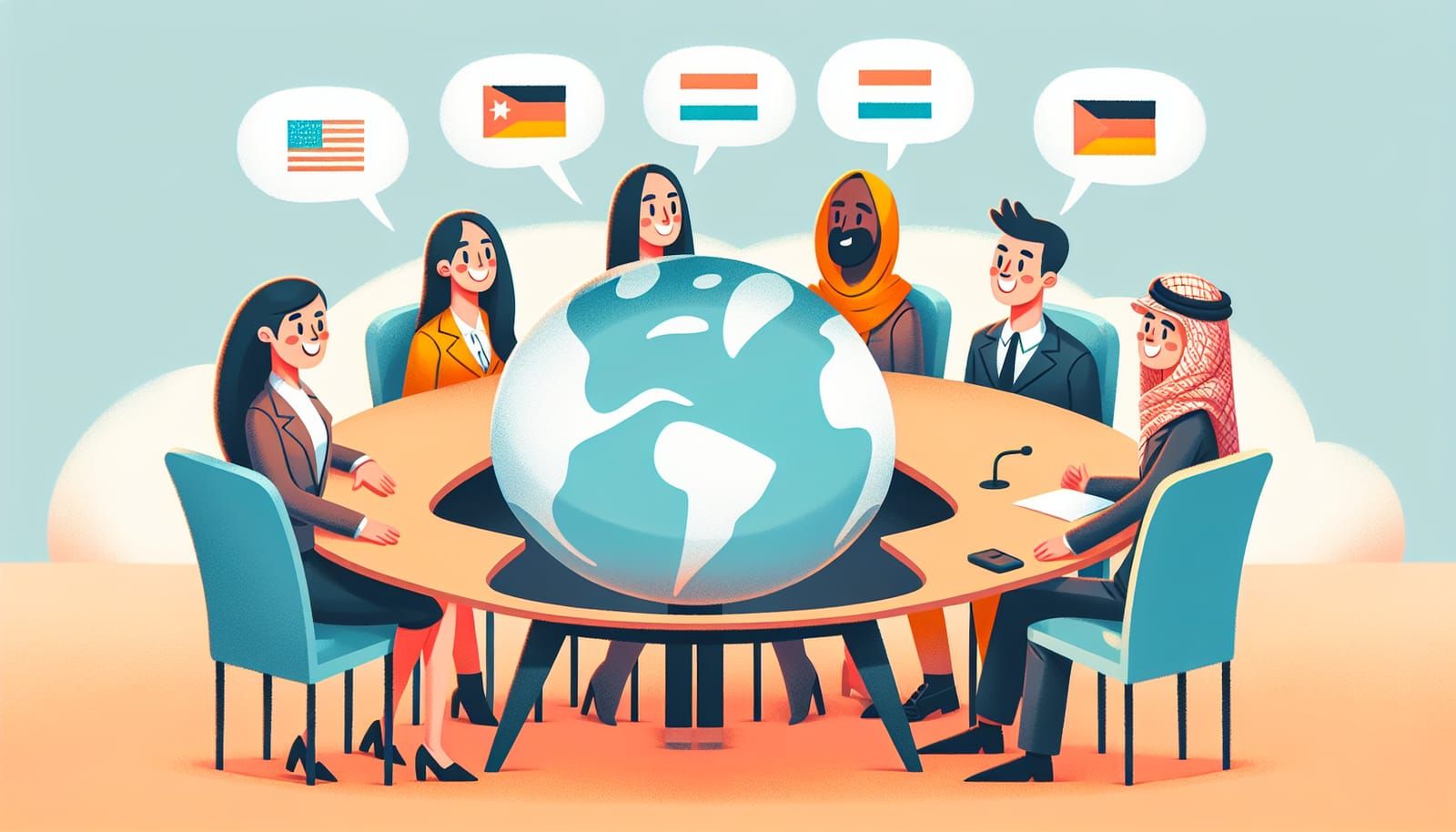Language is a remarkable tool that not only allows us to communicate but also reflects our identities and cultural backgrounds. Among the most interesting facets of language are the pronouns we use, particularly “I” and “we.” These simple words can reveal a wealth of information about societal values, individualism versus collectivism, and even the nuances of relationships. In this article, we’ll delve into how the way we express ourselves with these pronouns provides insight into our cultural context.
Individualism vs. Collectivism: A Cultural Lens
At the core of many cultural differences lies the concept of individualism versus collectivism. Individualistic cultures, like those found in the United States and much of Western Europe, prioritize personal autonomy, self-expression, and individual achievements. In these societies, using “I” is common and often celebrates the self. For instance, phrases like “I achieved my goals” or “I think” emphasize personal responsibility and unique perspectives.
In contrast, collectivist cultures, prevalent in countries such as Japan, China, and many parts of Africa, place a higher value on group harmony, family, and community. Here, the use of “we” tends to dominate discourse. Instead of saying “I did this,” someone might say “We accomplished this together,” highlighting the importance of the group over the individual. This difference in pronoun usage is not merely a linguistic choice; it reflects deeply held beliefs about the role of the individual within the community.
The Power of “We”: Unity and Belonging
The pronoun “we” carries a powerful connotation of unity and belonging. When people use “we,” they create a sense of inclusion and shared experience. This is especially evident in cultures where group identity is critical. In these societies, the collective is often viewed as more significant than the individual, and using “we” reinforces social bonds.
For example, in many Indigenous cultures, storytelling is a communal activity. When a storyteller recounts a tale, they might say, “We lived through this,” connecting the audience to the narrative and emphasizing shared heritage. This fosters a sense of belonging that is essential for the community's cohesion.
Moreover, the use of “we” can also serve as a strategic tool in diplomacy and politics. Leaders often use collective pronouns to foster a sense of unity among citizens, even in diverse societies. Phrases like “We stand together” can promote solidarity, especially during challenging times, encouraging people to rally around a common goal.
The Shift to “I”: Celebrating Individuality
On the flip side, the rise of “I” in various contexts—especially in personal development and social media—reflects a cultural shift towards valuing individuality. In today’s hyper-connected world, many people are embracing self-expression and personal branding. “I” statements are prevalent in platforms like Instagram and TikTok, where users share their unique stories, opinions, and experiences.
The prominence of “I” in modern communication can also be seen in the popularity of self-help literature, which often encourages readers to prioritize their own needs and desires. Phrases such as “I deserve happiness” or “I am responsible for my success” empower individuals to take charge of their lives. This shift may be seen as a response to the pressures of collectivism, where personal identity can sometimes feel overshadowed by group expectations.
Language and Identity: More Than Just Pronouns
While “I” and “we” are significant, they’re not the only pronouns that reveal cultural nuances. The languages we speak often have different ways of expressing these concepts. For instance, in many Indigenous languages, there are distinctions between inclusive “we” (which includes the listener) and exclusive “we” (which does not). This linguistic choice highlights relationships and social dynamics within communities, illustrating how language encapsulates cultural identities.
Additionally, languages like French and Spanish have different pronouns and verb conjugations that reflect social hierarchies and respect. In these languages, choosing the right pronoun or verb form can convey nuances of formality, politeness, and even familiarity. This complexity showcases how language intertwines with cultural norms and expectations.
The Role of Context: Understanding Nuance
Understanding how “I” and “we” function in different cultural contexts requires an appreciation of nuance. For instance, in a professional setting, an individualistic culture may encourage employees to use “I” when discussing achievements during meetings, as this fosters accountability. Conversely, in a collectivist culture, highlighting “we” may be more appropriate to emphasize team success and collaboration.
Moreover, context matters even within the same culture. A person might use “I” when discussing personal achievements but switch to “we” when talking about family or community events. This fluidity can be a reflection of changing dynamics and varying expectations depending on the audience and setting.
Conclusion: Beyond Pronouns
As we’ve seen, the way we express ourselves through “I” and “we” offers a fascinating glimpse into our cultural fabric. These pronouns are not just grammatical tools; they are cultural signifiers that reveal our values, beliefs, and social structures.
Language is a living entity, constantly evolving and adapting to the needs of its speakers. As globalization continues to blur the lines between cultures, the interplay between individualism and collectivism may shift, leading to new ways of expressing identity.
Next time you use “I” or “we,” consider the deeper implications of those words. They may seem simple, but they carry the weight of cultural significance, revealing much about who we are and how we relate to those around us. So, let’s celebrate the beauty of language and the rich tapestry of cultures it represents, one pronoun at a time.
